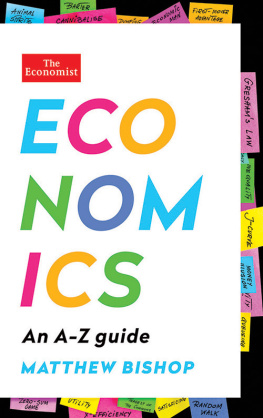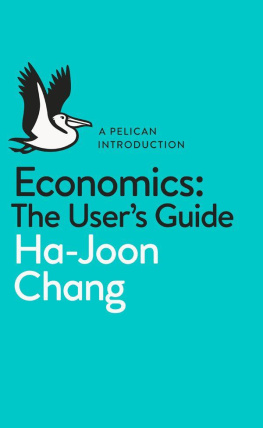David Orrell - Introducing Economics: A Graphic Guide
Here you can read online David Orrell - Introducing Economics: A Graphic Guide full text of the book (entire story) in english for free. Download pdf and epub, get meaning, cover and reviews about this ebook. year: 2014, publisher: Icon Books Ltd, genre: Politics. Description of the work, (preface) as well as reviews are available. Best literature library LitArk.com created for fans of good reading and offers a wide selection of genres:
Romance novel
Science fiction
Adventure
Detective
Science
History
Home and family
Prose
Art
Politics
Computer
Non-fiction
Religion
Business
Children
Humor
Choose a favorite category and find really read worthwhile books. Enjoy immersion in the world of imagination, feel the emotions of the characters or learn something new for yourself, make an fascinating discovery.
- Book:Introducing Economics: A Graphic Guide
- Author:
- Publisher:Icon Books Ltd
- Genre:
- Year:2014
- Rating:3 / 5
- Favourites:Add to favourites
- Your mark:
Introducing Economics: A Graphic Guide: summary, description and annotation
We offer to read an annotation, description, summary or preface (depends on what the author of the book "Introducing Economics: A Graphic Guide" wrote himself). If you haven't found the necessary information about the book — write in the comments, we will try to find it.
Brand-new INTRODUCING guide to the subject that really makes the world go round. Economics was described by the English economist Lionel Robbins in 1935 as the science of scarcity but these days economics is everywhere, and its never been more popular - as bestselling books such as Freakanomics attest. But what is economics really all about? What do the great economists think, and what can economics do for us today? David Orrell, author of Economyths, explains all in Introducings trademark intelligent but witty stle, accompanied by brilliant illustrations from the legendary Borin van Loon.
David Orrell: author's other books
Who wrote Introducing Economics: A Graphic Guide? Find out the surname, the name of the author of the book and a list of all author's works by series.

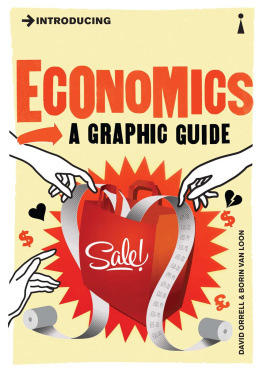
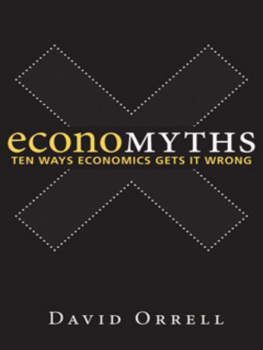
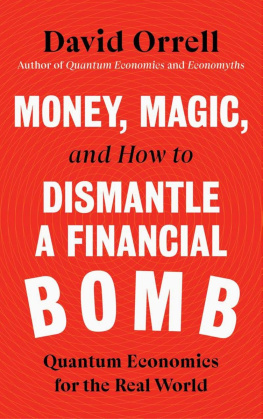
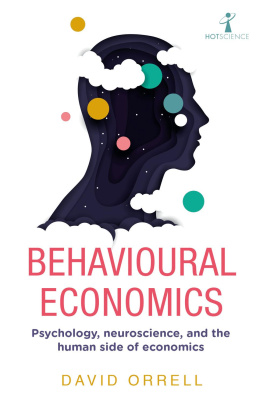

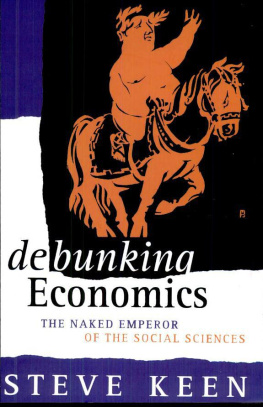
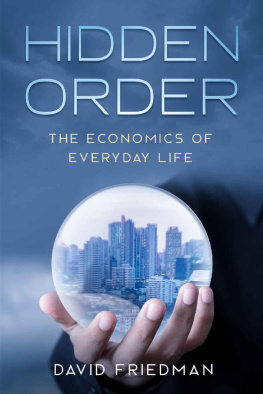
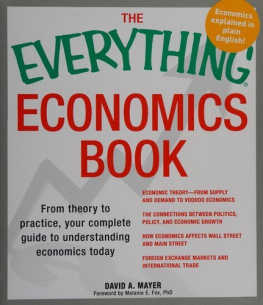
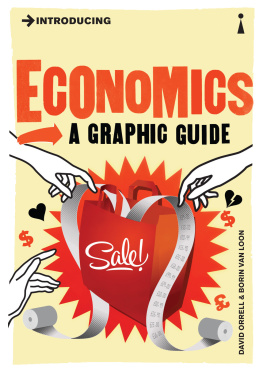
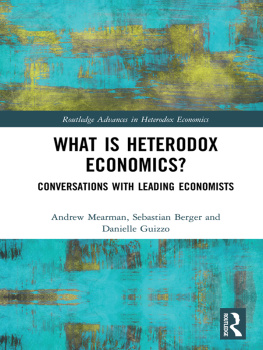
![David Orrell [David Orrell] - Quantum Economics](/uploads/posts/book/114631/thumbs/david-orrell-david-orrell-quantum-economics.jpg)
